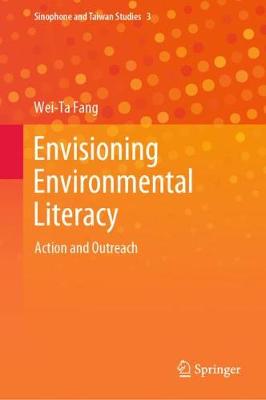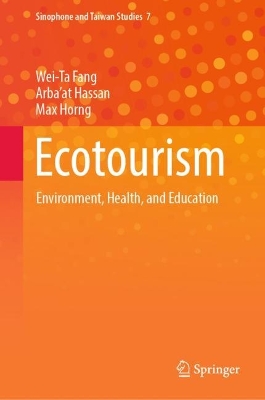Sinophone and Taiwan Studies
2 primary works
Book 3
Book 7
This book bridges the gap on the critical issues of ecotourism and direct economic assistance to the conservation of local ecological and human resources. It covers various topics and case studies by ecotourism destination and ecotourism route from Sinophone and Taiwanese perspectives. Each chapter of this book includes comprehensive proposes as an important core value for planning and operating ecotourism. According to Sustainable Development Goals (SDGs), this book highlights our balanced understanding of sustainable tourism from the perspective of human ecology. Ecotourism needs to integrate the perspectives of population biology, bioanthropology, biomedicine, and public health and strengthen the connection between human ecology and disease. It is here to provide a comprehensive guide to all fascinating places for ecotourism courses. We encourage the following persons to read relevant chapters: (1) ecotourism entrepreneurs: business operators such as homestays, hot springs, ecological farms, and travel agencies; (2) ecotourism researchers: scholars and experts, university (specialized) college students, primary and secondary school teachers, and other ecotourism, environmental education, resource conservation, tourism and dining, leisure and recreation, other related fields researchers; and (3) ecotourism practice management and planners.

